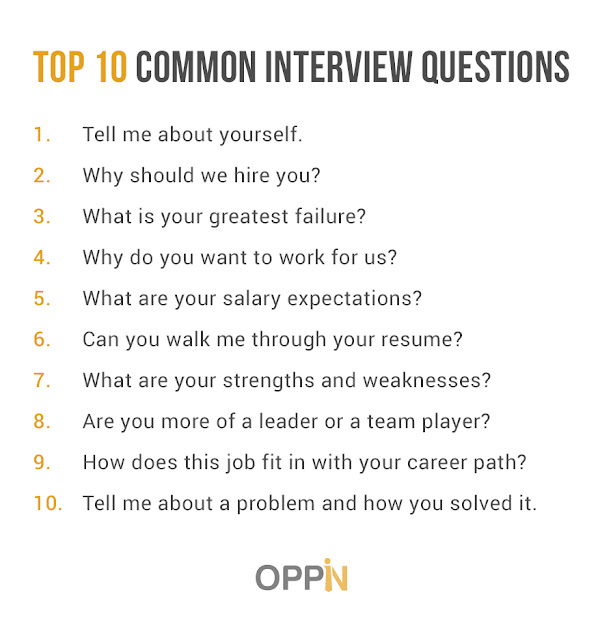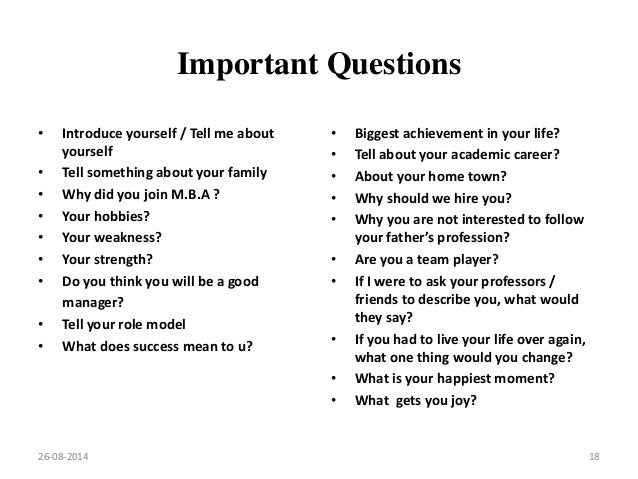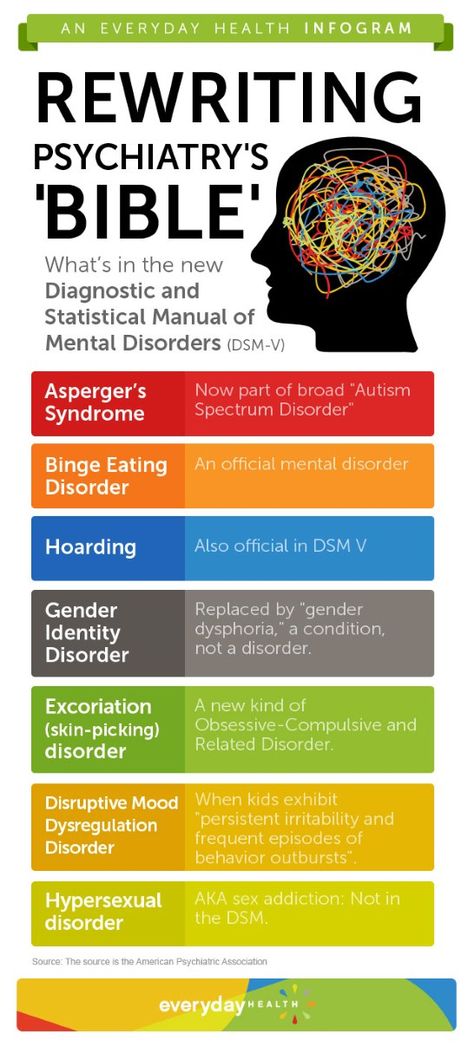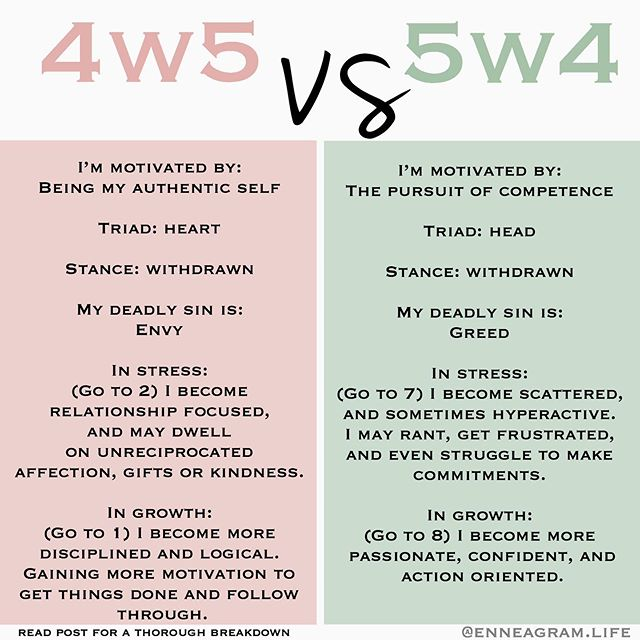Common questions about psychology
A Top 10 List of Psychology’s Big Questions, and the Answers
The joke is that if you ask a psychologist a question, you’ll get a question in return. “Why do we dream?” you ask, and the response you get in return should be “why would you like to know?” However, in reality, psychologists ask, and answer, fundamental questions about a wide range of topics, from the nature of the mind to the causes of discrimination, and everything in between. Although it’s a challenge to winnow the list down to 10, what follows is a good sampling of psychology’s best attempts to answer its best questions.
1. Is there such a thing as ESP?
There may be no topic in psychology quite as controversial, or as fascinating, as extrasensory perception, or ESP. Three posited forms of ESP are:
- Telepathy - transfer of information from one person to another without known mediation of sensory communication
- Clairvoyance - acquisition of information about places, people, or events without mediation of known senses
- Precognition - acquisition of information about a future event that could not be anticipated through any known processes of inference
In a study of telepathy, or psi, for example, participants are seated in two separate rooms; while one “transmits” signals, the other attempts to “receive” them. However, critics argue that many of the effects demonstrated in ESP experiments can simply be explained by faulty methodology and sensory “leakage” in which participants inadvertently give away the answers. The only "extra-sensory" feature in such cases might be that some people are very good at reading people’s very subtle signals.
2. Why do we dream?
Our dreams mystify us and often leave us waking up confused, disoriented, frightened, or perhaps very, very satisfied. Freud, of course, proposed that our dreams represent unconscious wishes that we’re afraid to express in our waking life. The most recent explanations aren’t totally incompatible with this theory. According to the activation-synthesis model, dreams are stories that we create out of the random stimulation that occurs in the brain while we sleep. The updated activation-integration-modulation (AIM) model proposes that dreams reflect the activity of regions of the brain at a particular moment as well as the activity of particular neurotransmitters.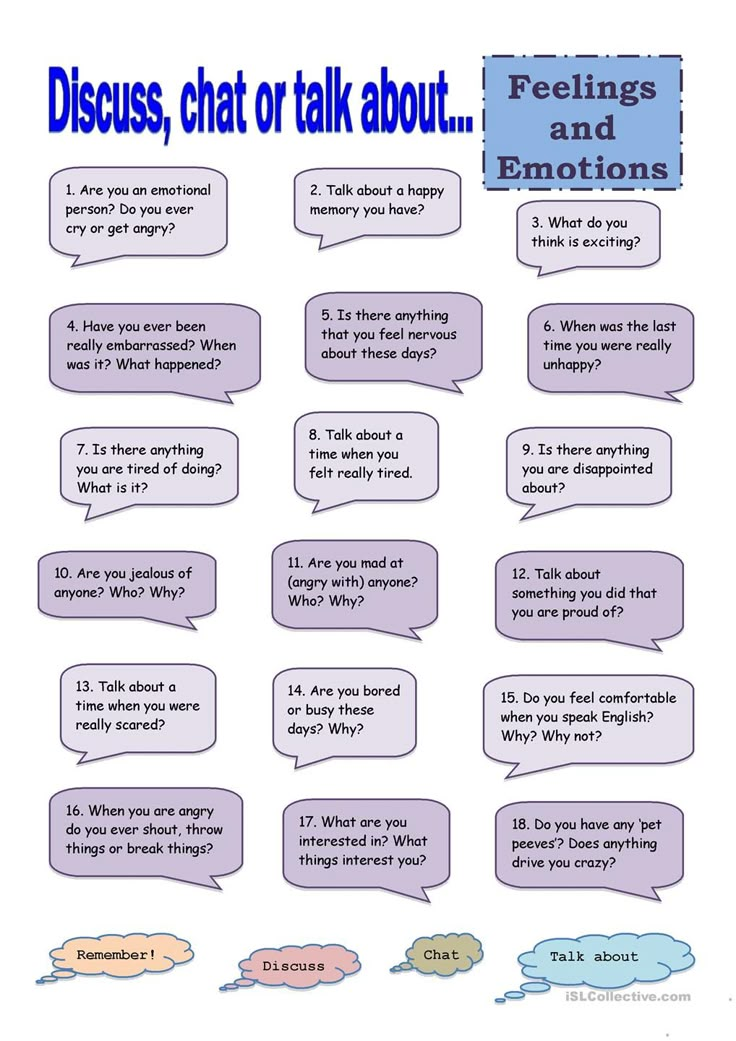 This neuroscience explanation regards the stories we make up as reflecting, in part, our hidden desires, but they are not primarily the products of repressed wishes.
This neuroscience explanation regards the stories we make up as reflecting, in part, our hidden desires, but they are not primarily the products of repressed wishes.
3. How can we motivate ourselves more effectively through reinforcement?
We’d all like to be more effective in reaching our goals, and according to behaviorists, the way to improve our effectiveness is by rewarding ourselves for the little steps that take us closer and closer to those desirable outcomes. First, find something you really like to do or something you’d like to have that can, realistically, serve as a reward. Then, take the goal that you are hoping to achieve that, realistically, you could achieve but just haven’t succeeded at yet. Next, work backward from that goal to your present state. Arrange to give yourself those desired rewards as you inch closer from where you are now to the desired endpoint. As you start to make progress, only give yourself a reward when you’ve moved forward from where you are now.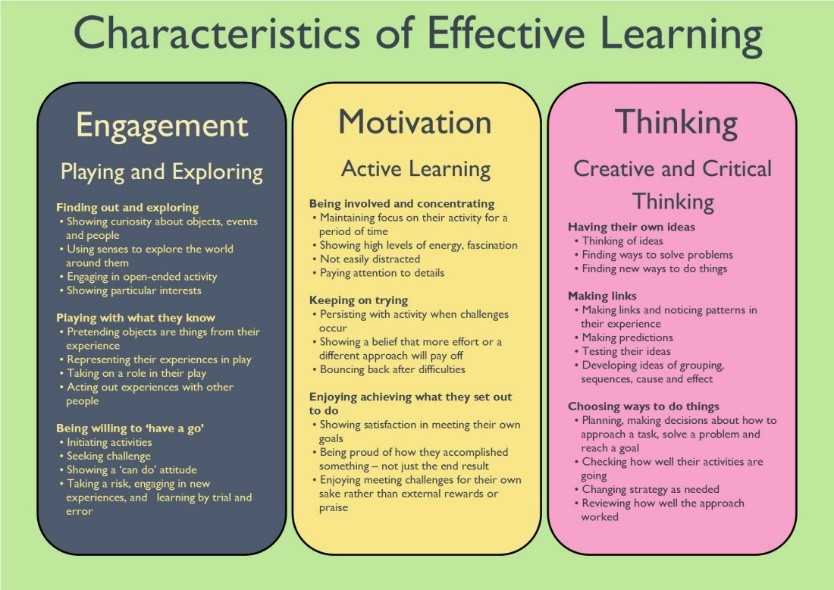 For example, if you’d like to cut back on your television watching and instead read more often, reward yourself by allowing yourself to watch television only when you’ve read for 20 minutes, then 30, then maybe 2 hours. By the time you’ve gotten to the 2-hour mark, who knows, you may enjoy reading so much that you won’t even care about watching television anymore.
For example, if you’d like to cut back on your television watching and instead read more often, reward yourself by allowing yourself to watch television only when you’ve read for 20 minutes, then 30, then maybe 2 hours. By the time you’ve gotten to the 2-hour mark, who knows, you may enjoy reading so much that you won’t even care about watching television anymore.
4. How can we get our working memory to work for us?
Working memory is that part of your memory system that allows you to keep information actively in “consciousness,” either because you are learning something for the first time or are trying to recall something you learned in the past. Theoretically, you could keep information in working memory indefinitely if you thought about it and nothing else, but obviously this would not be a very feasible task. The trick is for you to keep information for as long as you need it.
Psychology has three simple tricks to help your working memory:
- Chunking - By organizing large amounts of information into a smaller number of units (the “magical number of 7 plus or minus 2”), you will be able to store the information much more efficiently but then you have to use step #2.

- Encoding so you can retrieve - You have to be able to pull up the organizational framework you created at the time of encoding if you’re going to be able to use it later, so you need to follow the adage “If you don’t encode, you can’t retrieve."
- Using “deep” processing - According to levels of processing theory, the more meaning you put into what you’re trying to remember, the better your chances of remembering it. Even putting a list of words you need to remember into a sentence, rather than just memorizing them through rote practice, will give you that deeper processing edge.
At the same time, though, we know from eyewitness memory research that people’s memory is highly unreliable. We are likely to forget small details or change the small details of experiences to fit with what we had expected to have happened.
The classic eyewitness memory research asked participants to estimate the speed of two cars involved in an accident. If they were asked how fast the cars were going when they “smashed” into each other, participants estimated the speed as higher than if asked how fast they were going when they “contacted” each other.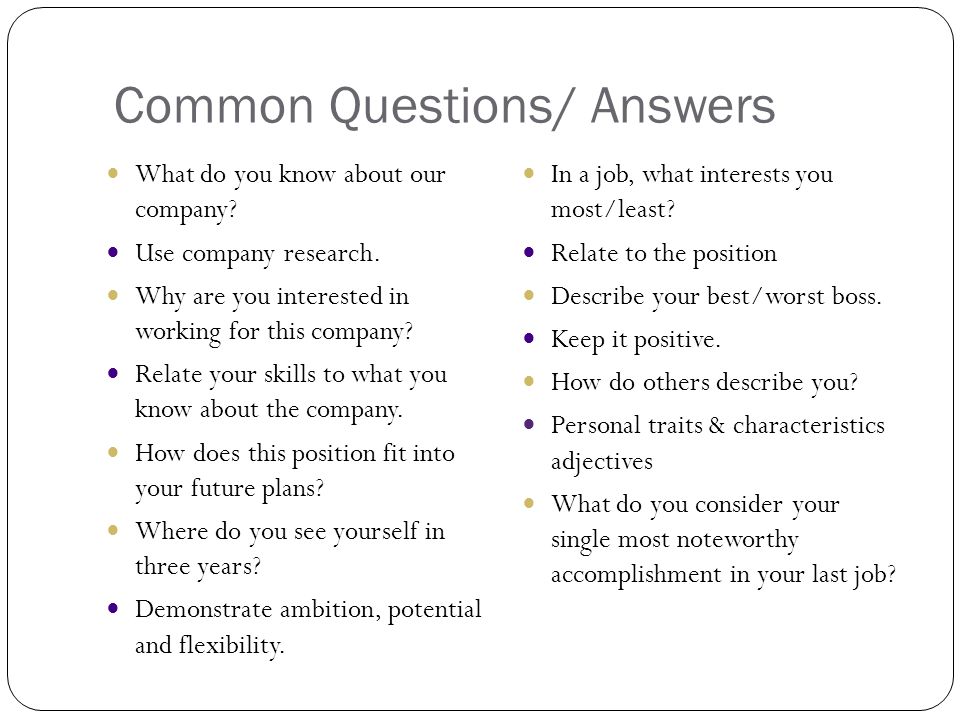 Similarly, people can be misled into thinking that an item was on a word list when it in fact was not. If you read a list of words that all relate to the category “sweet” (but don’t actually include “sweet”), people will think that the word “sweet” was on the list. Relying on your own or other people’s eyewitness memory is a risky proposition. If you need to remember something that’s happening in front of you, either write it down or snap a picture with your smartphone!
Similarly, people can be misled into thinking that an item was on a word list when it in fact was not. If you read a list of words that all relate to the category “sweet” (but don’t actually include “sweet”), people will think that the word “sweet” was on the list. Relying on your own or other people’s eyewitness memory is a risky proposition. If you need to remember something that’s happening in front of you, either write it down or snap a picture with your smartphone!
5. What’s the key to solving life’s problems?
The kinds of problems that psychology can help you solve include a wide range of practical situations that confront people on a daily basis. Whether it’s hooking up a new computer, fixing a broken electrical fixture, arranging the order of foods to cook when you’re preparing a meal, or figuring out the best route home, there are similar steps involved in being a good problem-solver.
Psychologists suggest that you first understand the nature of the problem, like rearranging puzzle pieces or putting things in proper order. Then, more importantly, you need to keep an open mind to possible solutions, even ones that may seem a bit out of the ordinary. In fact, sometimes the more unusual, the better. We are all very prone to mental sets, and that can be a huge impediment to problem-solving. Finally, be ready to start all over if your results were unsuccessful. Holding onto your first answer, even if it’s not a very good one can impede you from ever coming up with a way out of your dilemma. Rushing ahead to complete a problem is probably the biggest mistake that people make (other than procrastinating too long)!
Then, more importantly, you need to keep an open mind to possible solutions, even ones that may seem a bit out of the ordinary. In fact, sometimes the more unusual, the better. We are all very prone to mental sets, and that can be a huge impediment to problem-solving. Finally, be ready to start all over if your results were unsuccessful. Holding onto your first answer, even if it’s not a very good one can impede you from ever coming up with a way out of your dilemma. Rushing ahead to complete a problem is probably the biggest mistake that people make (other than procrastinating too long)!
6. How can we communicate more effectively?
Good communication is the key to our interactions with other people. When we think of how to communicate, we often focus on spoken or written language. However, when it comes to language, it’s not just what you say, but how you say it.
For example, when you speak, you must by definition get your point across in linear fashion, meaning that the first words you utter in a sentence will guide the listener to understanding what will follow. Saying “I’m sorry" at the beginning of a conversation will have a much greater impact, for example, than throwing your apology in at the end of a long explanation.
Saying “I’m sorry" at the beginning of a conversation will have a much greater impact, for example, than throwing your apology in at the end of a long explanation.
The tone in which you speak lets your listener know whether you’re asking a question or making a statement. However, if you’re like many people, you may find that you speak your sentences as if they were questions. This can make you sound less confident and can undercut your effectiveness when you’re trying to convince someone to believe that you know what you’re talking about.
Your body language may say even more about you than your verbal language. Most people fail to look others in the eye, slouch, jiggle their hands and feet when they’re nervous, and reveal what they’re really feeling inside through the tiny “microexpressions” on their faces.
Learn to control your body language, and you can control the impression you make on others.
7. What is intelligence (and why should we care)?
This is definitely one of psychology’s “big” questions.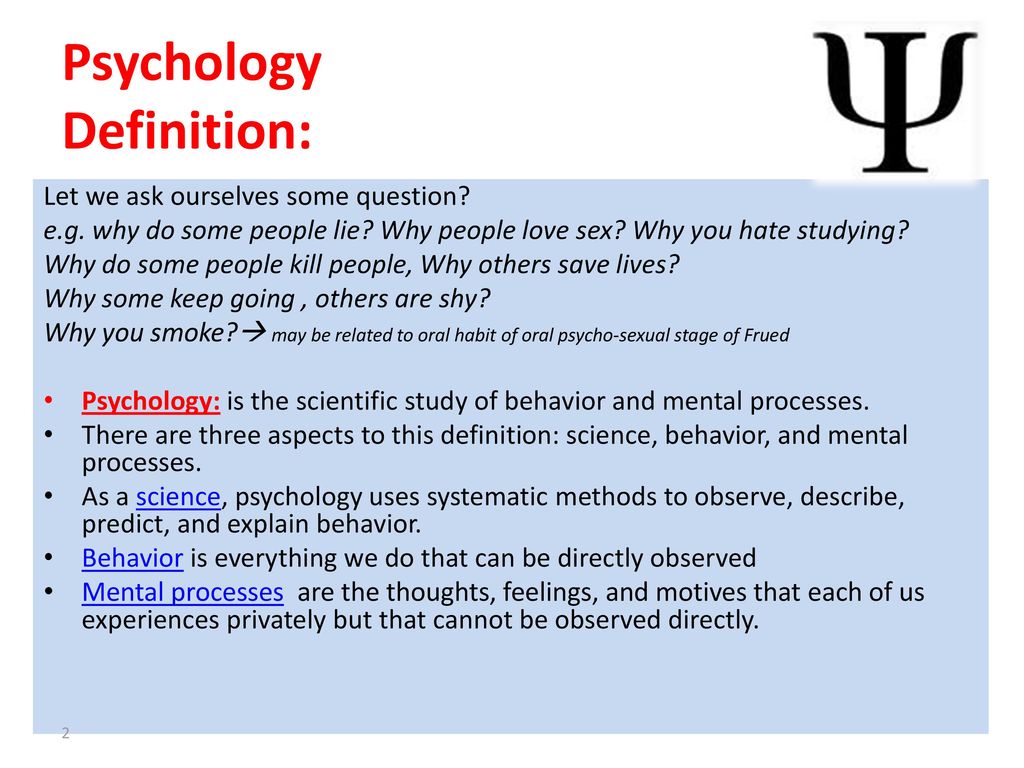 The study of intelligence has a long history in psychology, going back at least to the early 1900s when educators sought to test the mental abilities of schoolchildren. There is no singular, set definition that psychologists generally agree upon nor is there even now one clear-cut way to measure it.
The study of intelligence has a long history in psychology, going back at least to the early 1900s when educators sought to test the mental abilities of schoolchildren. There is no singular, set definition that psychologists generally agree upon nor is there even now one clear-cut way to measure it.
There are also many controversies regarding such issues as whether intelligence can be “trained” the extent to which being intelligent makes a difference in your real-life accomplishments. However, psychologists seem to be coming to an understanding that intelligence is more than just academic knowledge and that any good definition must include such attributes as practical knowledge (“street smarts”), self-understanding, and understanding of others. We should care about what intelligence is because these skills extend well beyond the classroom and can enrich our lives, and the lives of others, in important ways.
8. What does it mean to be self-actualized?
According to Abraham Maslow, who was instrumental in developing the theory of self-actualization, it is a continuous process of realizing our own unique potential.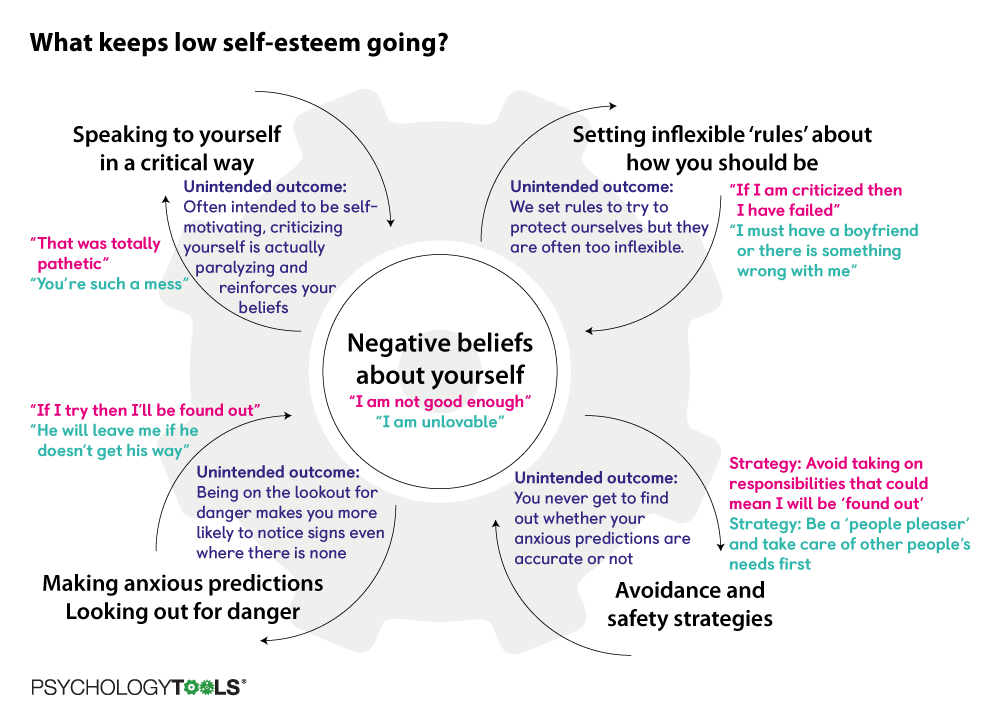 The theory proposes the famous hierarchy of needs, according to which self-actualization sits at the top of all of our motivations.
The theory proposes the famous hierarchy of needs, according to which self-actualization sits at the top of all of our motivations.
Often, this theory is wrongly described as suggesting that you can’t consider fulfilling your higher-order needs until your lower-order needs are fulfilled. However, you only have to think of a few examples of some of the most famous self-actualized individuals to see that this is not necessarily the case. In fact, Maslow himself believed that many self-actualized people specifically chose to make sometimes life-threatening personal sacrifices in order to fulfill their inner potential. It’s also important to realize that there is no one state of “perfection” that characterizes self-actualization but, instead, each of us has our own idiosyncratic way of achieving inner fulfillment.
9. How does the mind-body connection affect our emotions?
Psychologists from William James to Richard Lazarus have struggled with the notion of specifying the ways our mental states are affected by our physical states and vice versa.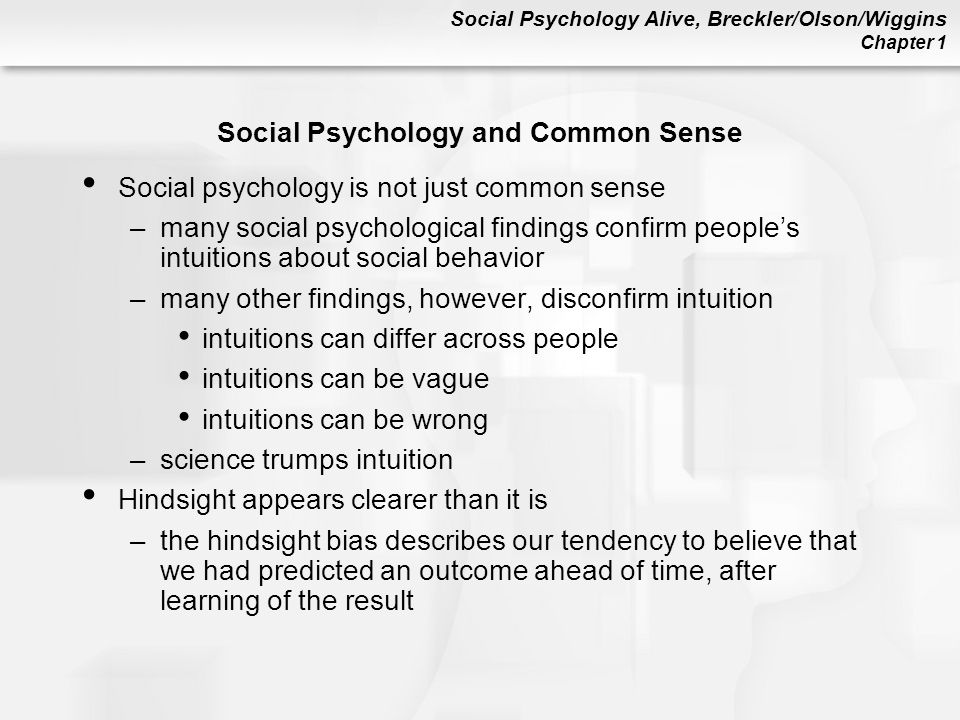 William James proposed a theory of emotions that emphasized the body’s role in producing emotional experiences. Physiologist Carl Lange proposed a similar theory, and so the theory is known by both of their names. The theory proposes that our bodily changes follow directly from the perceptions of an “exciting fact,” and that these bodily changes are the emotions.
William James proposed a theory of emotions that emphasized the body’s role in producing emotional experiences. Physiologist Carl Lange proposed a similar theory, and so the theory is known by both of their names. The theory proposes that our bodily changes follow directly from the perceptions of an “exciting fact,” and that these bodily changes are the emotions.
Physiologist Walter Cannon regarded the thalamus as the key relay station between the cortex and the autonomic nervous system. An emotional stimulus activates the thalamus which, in turn, activates the autonomic nervous system (which then produces arousal) and the cortex (which interprets the event and the experience of the emotion). According to Stanley Schachter and his colleague Jerome Singer, emotions are the product of autonomic arousal and the reactions of other people in the environment or context. The facial feedback hypothesis proposes, instead, that our emotions can be determined by the muscles of our face. If you want to be happy, this suggests, you should smile.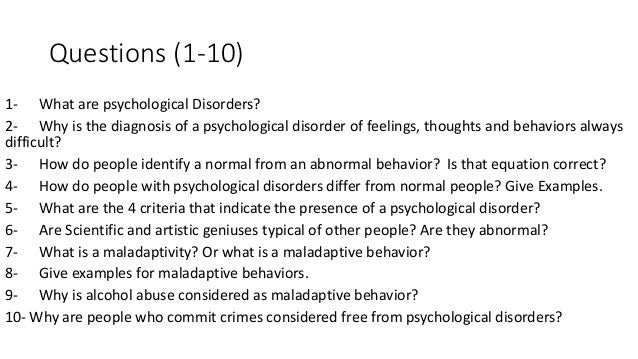
Even though no one of these theories may be completely correct, psychologists seem to agree that our emotions are defined, at least in part, by the responses of our bodies, with perhaps the added coloring provided by our thoughts about a given situation.
10. Which is more important, nature or nurture?
Here’s one of the truly enduring questions of all time. However, despite what you may have learned in your introductory psychology class, there’s no longer a “vs” in the nature-nurture debate. The question instead is a matter of “and” and “how.” For example, through the process called epigenesis, while pregnant, a stressed mother can change the expression of genes in her unborn child. Other ways that nature and nurture interact include niche-picking in which children’s genetic predisposition leads them to seek certain environments which, in turn, further alter their development.
To sum up, I hope you agree with this top 10 list of psychology’s great questions and answers.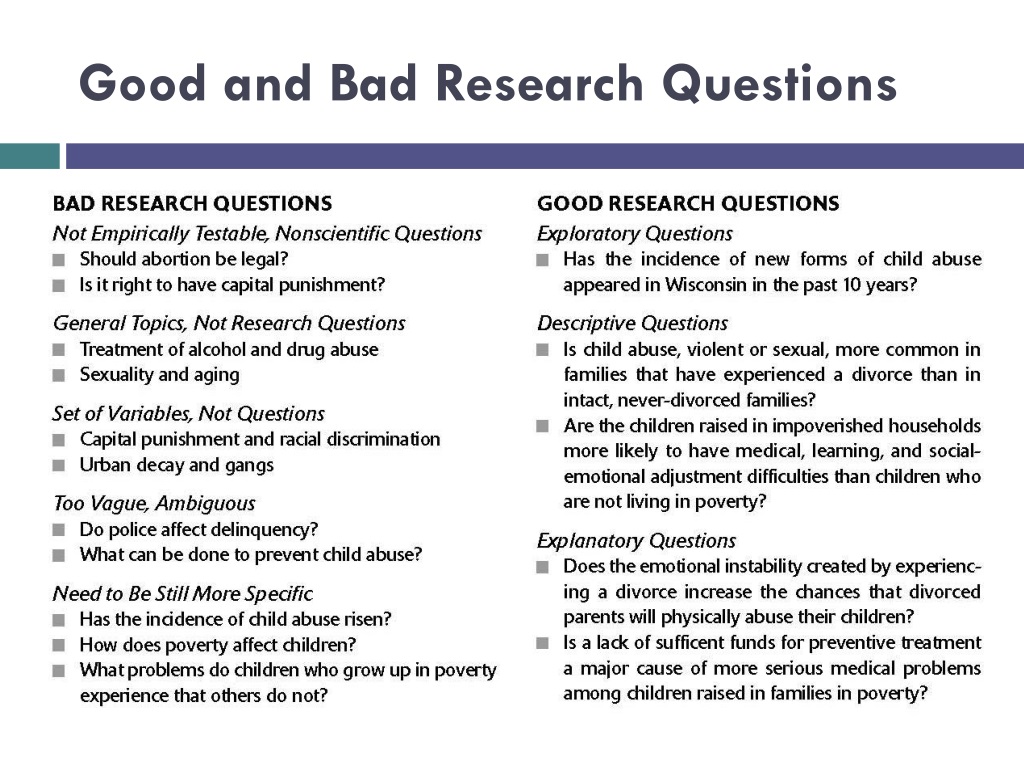 It’s quite likely that these top 10 don’t include your personal favorites, or that you agree completely with these answers. However, you’ll almost certainly agree with the idea that psychology has the potential to help us not only understand life’s mysteries but also to uncover new mysteries for us to continue to explore.
It’s quite likely that these top 10 don’t include your personal favorites, or that you agree completely with these answers. However, you’ll almost certainly agree with the idea that psychology has the potential to help us not only understand life’s mysteries but also to uncover new mysteries for us to continue to explore.
Copyright Susan Krauss Whitbourne, Ph.D. 2013
9 Questions You May Ask A Psychologist
Asking your therapist questions before starting treatment is a good way to gauge whether they may be a good fit in your journey to mental well-being.
Looking for a therapist or mental health professional can be an overwhelming process. You likely want someone who understands your problems and is a good match.
But knowing where to begin or what to ask can be challenging.
Narrowing down what’s essential for you to get out of therapy and having goals of what you want to work on may be a helpful place to start.
But how do you know when it’s a good match? There are ways to vet a therapist, and asking the right questions is key on your journey to mental well-being.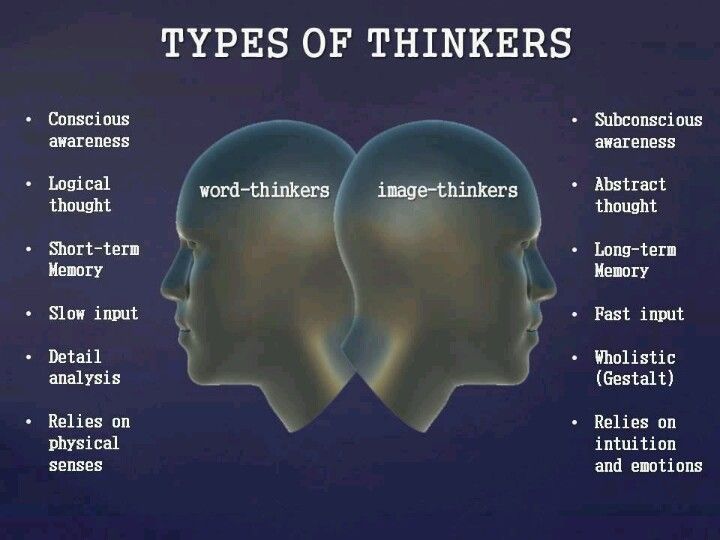
When you consider seeing a therapist, you should consider several factors, from their ability to prescribe medication to the type of therapy they provide.
Here are some things to consider when looking for a therapist:
- What goals do I want to work on?
- What personal qualities do I want my therapist to have?
- What type of therapy may be right for me?
- Is my potential therapist willing to answer my questions?
- Do I want to see my therapist in person or online?
- Does my therapist accept my insurance?
- Do I want my therapist to identify with certain aspects of my identity?
These questions can help you determine what you want out of therapy.
Suppose you’re wondering what to ask a psychologist. In that case, it may be helpful to understand what a psychologist does compared to other mental health professionals, such as psychiatrists, licensed counselors, and social workers.
Psychologists obtain doctorate degrees in psychology, and in five states in the United States, they can prescribe medication.
Psychologists also:
- provide psychotherapy
- provide psychological assessments or testing
- diagnose and treat mental health conditions
If you want to find a good psychologist, here are some questions you should ask:
1. What types of therapy or treatment do you provide?
Knowing what type of therapy a psychologist provides can help you get the best treatment for the symptoms you’re experiencing.
For example, suppose you’re going to therapy to work on past trauma. In that case, finding a therapist who does trauma-related therapy, such as exposure therapy or eye movement desensitization and reprocessing (EMDR) therapy, may be helpful.
2. What are your areas of expertise?
This question can also help you narrow down and assess whether the therapist may be a good fit for you.
For example, if you’re going to therapy to seek help for an eating disorder, you may look for a therapist with specialized training and expertise in this area.
3. Have you treated people with similar conditions as mine?
If a therapist has experience in what you’re bringing to therapy, this may be a sign of a good match.
4. How long do you usually see clients? How do you determine my goals?
These two questions are often closely matched. A therapist needs to get a good background of your situation before they can determine a timeframe for therapy.
It’s a good sign that your therapist sets goals with you in a collaborative manner to help you get the most out of treatment. This will determine a timeline for treatment.
5. What does the process of therapy look like?
It’s a good idea to know the standard process of therapy.
Psychotherapy, or talk therapy, usually begins with an intake session to get a background and set goals. After that, each therapist has their own treatment method, which may depend on the type of therapy they provide.
It’s OK to ask a therapist what you should expect out of therapy.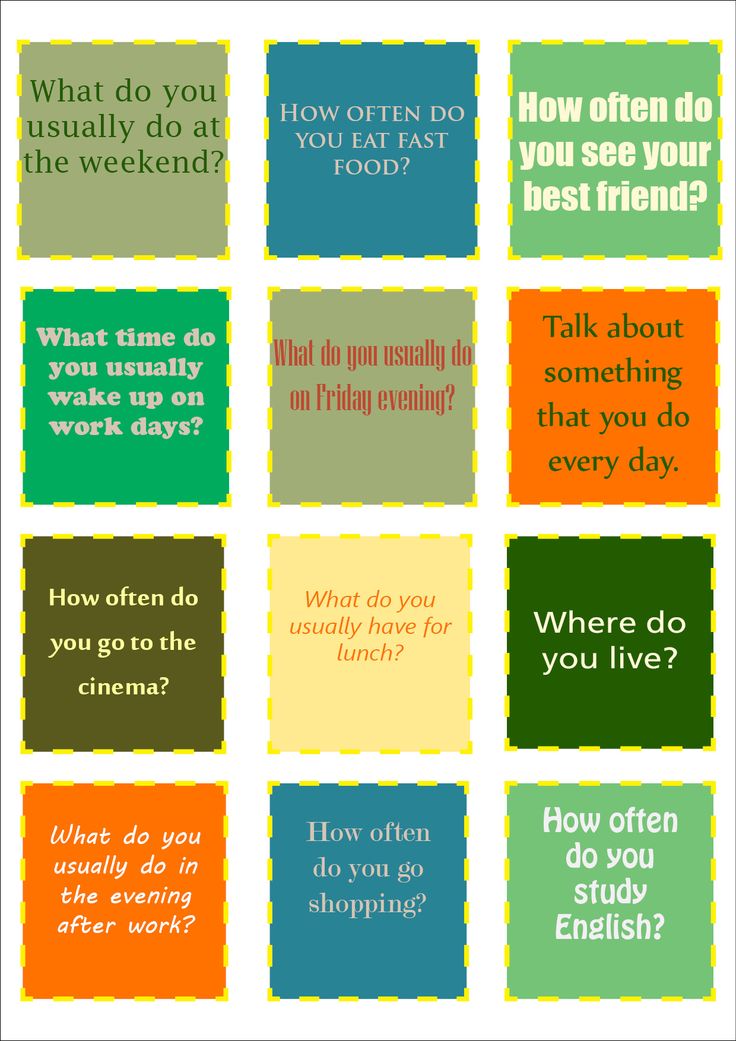
6. Do you see clients in person or through telehealth?
The COVID-19 pandemic drastically changed the method of delivering therapy for many. While many therapists still use telehealth, you may prefer to find someone doing in-person therapy.
Asking this question will help you find the right form of treatment for you.
7. Do you accept my insurance? Are you self-pay? Do you offer a sliding scale?
The American Psychological Association (APA) recommends asking about a therapist’s fees and whether they accept insurance.
These questions help you plan financially for mental health treatment. A therapist offering a sliding scale may allow you to receive therapy services at a more affordable rate.
8. How do you assess my treatment progress?
If you’re new to therapy, you may wonder how you or a therapist will measure progress.
For example, some therapists may use session rating scales to determine progress, and others may collaboratively evaluate your goals and your steps toward your goals.
9. What do you expect out of me outside of a session?
Some therapists expect that you implement strategies or give you homework to complete outside of your sessions. You can prepare for therapy better if you know a therapist’s expectations of you.
Starting therapy can be scary. Asking these questions may help you feel more at ease and better understand what to expect from the process.
Finding a therapist that’s right for you may be challenging, but it’s key in your journey toward mental well-being.
Asking the right questions while searching for a therapist will help you narrow down your choices and find the right match.
Seeking support
FREQUENTLY ASKED QUESTIONS TO PSYCHOLOGIST
In this section, we have prepared a small selection of answers to the most common questions for psychologists from hotline subscribers 8-800 100-01-91.
Questions:
- How can a psychologist help me?
- Should the patient be told about the diagnosis?
- How to talk to a doctor?
- I'm tired of being treated.
 Where to find strength?
Where to find strength? - How to cope with the fear of death?
- I have just been diagnosed, what should I do now?
- How to learn to relieve anxiety?
- Why did I get sick? Why is this punishment for me?
- How to support a loved one if he is ill? How to behave with him?
1. How can a psychologist help me?
If you need to share your feelings with someone, you can easily dial our number 8-800 100-0191 , it works around the clock and free of charge. A psychologist-consultant is on duty.
First of all, it is important to understand what is considered psychological support, what kind of help you expect. First, you will be heard and understood. Secondly, by looking at yourself and the situation through the eyes of another person, you can, together with a psychologist, find a way out of a situation that might seem insoluble.
We are ready to listen to you, discuss your experiences and feelings, help you understand and accept them, find resources together so that you can pass all the tests, talk about your relationship with people around you: family, friends, acquaintances or medical staff, dream , practice breathing properly and do some exercises to reduce anxiety.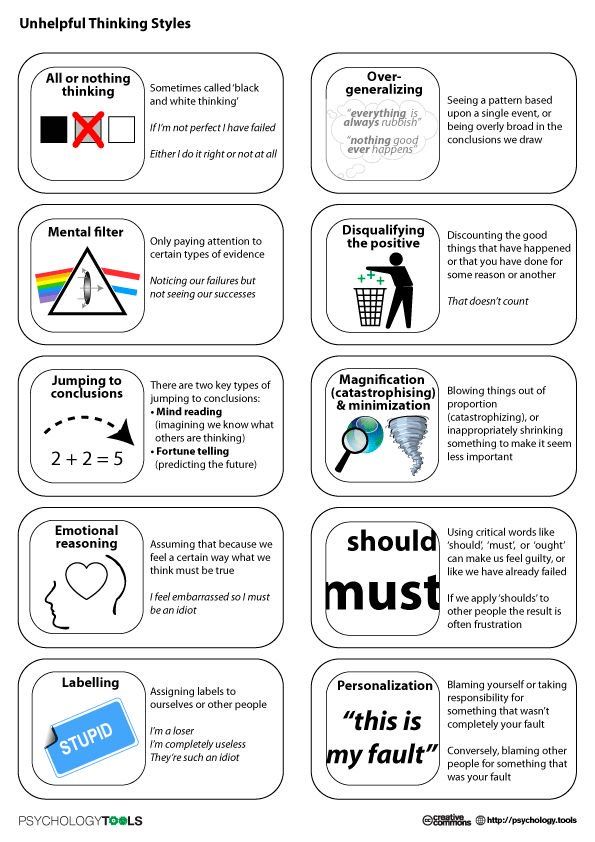 We are ready to just talk about what you want. To do this, we will use our professional knowledge and experience, and you - your understanding of yourself, the situation, your willingness to change, your inner strength.
We are ready to just talk about what you want. To do this, we will use our professional knowledge and experience, and you - your understanding of yourself, the situation, your willingness to change, your inner strength.
In addition to calling the hotline, there are other forms of support. You can attend a psychotherapy group for patients or individual face-to-face consultations with a psychologist.
2. Should the patient be told about the diagnosis?
We are often asked questions of a similar nature. Often, doctors do not report the diagnosis to the patient himself, and the decision to “talk or not talk about the diagnosis” is left to relatives. This is a big responsibility and a very difficult dilemma.
Unfortunately, there is no specific "recipe" that would contain information on how to act in such a situation. Despite the fact that in recent years there has been a trend to fully inform the patient about the diagnosis, this issue still remains an ethical dilemma. Therefore, we always say that in such situations it is very important to understand what kind of person your relative (friend) is, whether he is impressionable, how he used to cope with difficult stressful situations: i.e. whether he is inclined to panic and withdraw into himself, or, on the contrary, an optimistic and courageous person who always wants to know the truth, no matter how painful it is. Think about how he might react to such news.
Therefore, we always say that in such situations it is very important to understand what kind of person your relative (friend) is, whether he is impressionable, how he used to cope with difficult stressful situations: i.e. whether he is inclined to panic and withdraw into himself, or, on the contrary, an optimistic and courageous person who always wants to know the truth, no matter how painful it is. Think about how he might react to such news.
When talking with a psychologist, relatives make different decisions: they often try to tell the truth, but in an extremely mild form, they name a different diagnosis, it happens that they decide to remain silent until the last moment, fearing that an impressionable person, having learned the diagnosis, will become so worried that he will fall ill stronger, they give medicine, assuring that it will help. But lying can bring great difficulties.
For example, if a person knows you well, he may begin to suspect that you are hiding something, and this may destroy the trust between you. It is quite possible that the patient guesses about the diagnosis himself or knows something from the words of the doctor or roommates, and the withdrawal of relatives from talking on this topic creates a situation of the “taboo” topic and the patient finds himself in isolation. It's a fine line.
It is quite possible that the patient guesses about the diagnosis himself or knows something from the words of the doctor or roommates, and the withdrawal of relatives from talking on this topic creates a situation of the “taboo” topic and the patient finds himself in isolation. It's a fine line.
With any decision, it is important to say that you will be there, do not leave him alone, that you love and appreciate him, because this is very important for a sick person.
If you decide to speak frankly about the disease, you should be prepared for tears and denial (when the patient does not believe that it is true), apathy, depressive reactions. We all need time to realize. In more detail, you can talk about this with a psychologist by phone.
In addition, it is of great importance how you yourself deal with this news, whether you feel the spiritual strength to solve these issues alone. Do not take full responsibility for the decision, coordinate it with the whole family.
If now you or someone close to you think that you are not ready to discuss this issue, wait until the shock reaction passes, and only then make a decision, in this case it will turn out to be more rational and balanced.
3. What is the right way to talk to a doctor?
If you feel that rapport with the doctor could not be built, for example, you were confused and did not ask what you planned, this can be corrected. First, try to come to the consultation prepared, i.e. Make a list of questions you would like to ask ahead of time. This will facilitate the process of communication with the doctor and will allow you to use the consultation time as efficiently as possible.
Second, ask questions clearly and directly. Ask again what you do not understand from the words of the doctor. Do not be shy. It is great if you and the doctor will co-sponsor the treatment program, ask to be kept up to date with the program, prognosis and treatment time frame.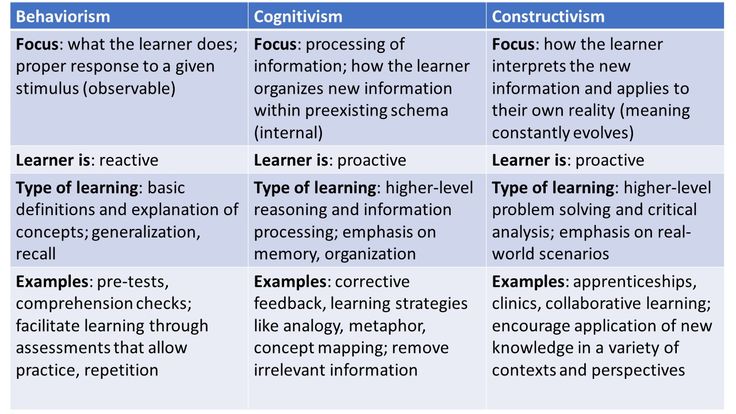 If you happen to sit in line for an appointment, try to relax and not accumulate fear and irritation, as these are emotions you adopt from others (contagion effect). To do this, you can turn on the player, read a book, call the psychological help number 8-800 100-0191 . Stay business-minded so you don't panic or get upset. If you are unsure of yourself, invite a friend or relative along. It is important to remember that the bulk of the responsibility lies with you, and it is important to engage in dialogue and follow instructions as clearly as possible. If they are not there, find out how to do it right (dates for the next examination, gymnastics, underwear, dressings, tests, etc.). If in doubt, and your doctor is not available, you can consult with one or two more specialists.
If you happen to sit in line for an appointment, try to relax and not accumulate fear and irritation, as these are emotions you adopt from others (contagion effect). To do this, you can turn on the player, read a book, call the psychological help number 8-800 100-0191 . Stay business-minded so you don't panic or get upset. If you are unsure of yourself, invite a friend or relative along. It is important to remember that the bulk of the responsibility lies with you, and it is important to engage in dialogue and follow instructions as clearly as possible. If they are not there, find out how to do it right (dates for the next examination, gymnastics, underwear, dressings, tests, etc.). If in doubt, and your doctor is not available, you can consult with one or two more specialists.
4. I am tired of being treated. Where to find strength?
It can be very difficult for patients to cope alone with their emotional state during the treatment period.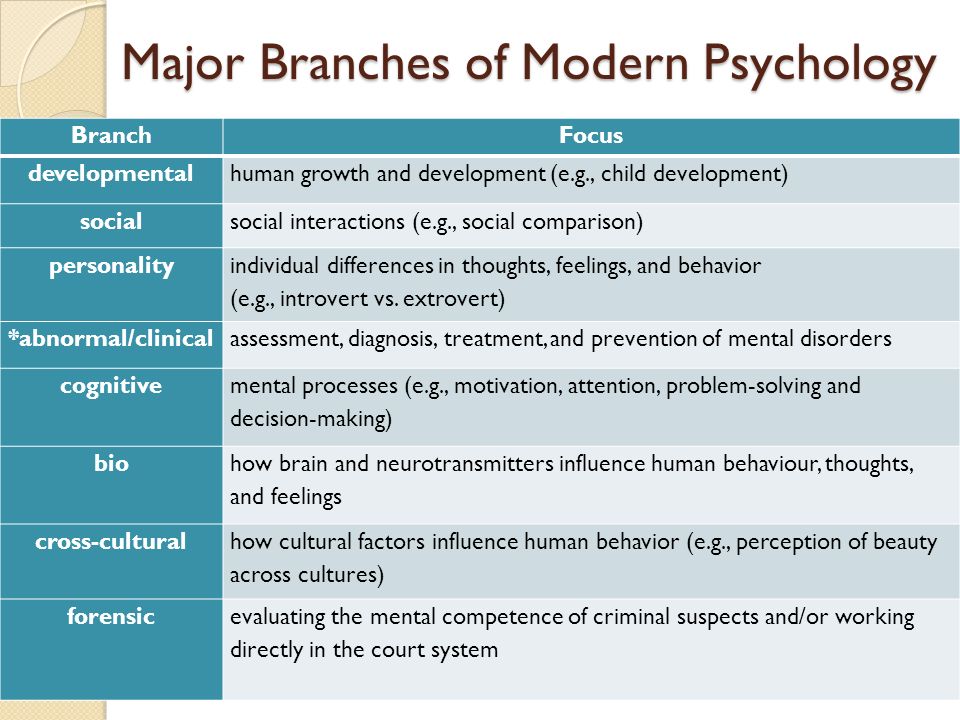 During this period, the patient's life often turns into a regular and tedious visit to medical institutions, which results in fatigue, apathy, a sense of powerlessness and, as a result, unwillingness to continue treatment. Therefore, resources (internal or external) are of great importance, which you can rely on during this difficult period, so as not to give up and not retreat in the fight against the disease. Such resources can be anything that can support you and give you moral strength, ranging from the support of people close to you and ending with hobbies that can bring you joy and satisfaction.
During this period, the patient's life often turns into a regular and tedious visit to medical institutions, which results in fatigue, apathy, a sense of powerlessness and, as a result, unwillingness to continue treatment. Therefore, resources (internal or external) are of great importance, which you can rely on during this difficult period, so as not to give up and not retreat in the fight against the disease. Such resources can be anything that can support you and give you moral strength, ranging from the support of people close to you and ending with hobbies that can bring you joy and satisfaction.
If possible, try not to “fixate” on negative experiences, distract yourself from them in every possible way. Fill your time (free from visiting the hospital and current affairs) with as many activities and hobbies as possible, so that there is simply no time left for worries. Force yourself to relax. And sometimes, literally force it, because it can be very difficult to distract yourself from negative thoughts.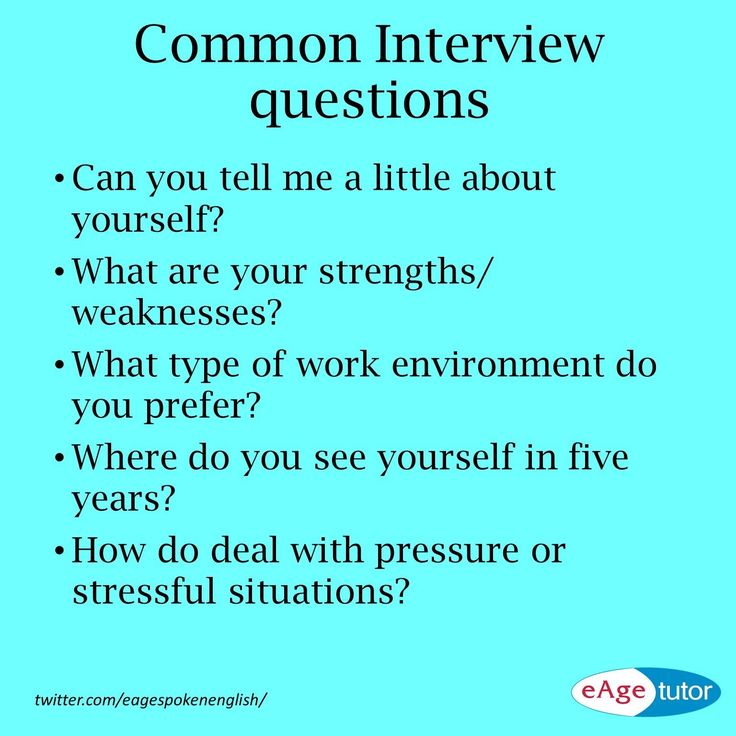 Remember - to fill your life with new emotions, impressions, activities is very important to avoid depression. Live as much as possible (if your well-being allows) brightly, fully and richly. Go to the theater, cinema, be more outdoors, think of a new activity or hobby, get a pet.
Remember - to fill your life with new emotions, impressions, activities is very important to avoid depression. Live as much as possible (if your well-being allows) brightly, fully and richly. Go to the theater, cinema, be more outdoors, think of a new activity or hobby, get a pet.
You need to choose some time during the day that you could be alone with yourself and devote only to yourself. Listen to calm classical music, draw (even if you don’t know how, it can help you relax and get distracted), do light gymnastics, lie in the bath, read something pleasant before going to bed. If you are very limited in time, you can set aside at least 15-30 minutes a day for this. The ability to relax is a very important skill that will help you cope with stress.
Are there people close to you who can support you in difficult times? The participation of loved ones in such a situation can be a valuable support and an incentive not to give up. Feel free to reach out to your loved ones for help and support.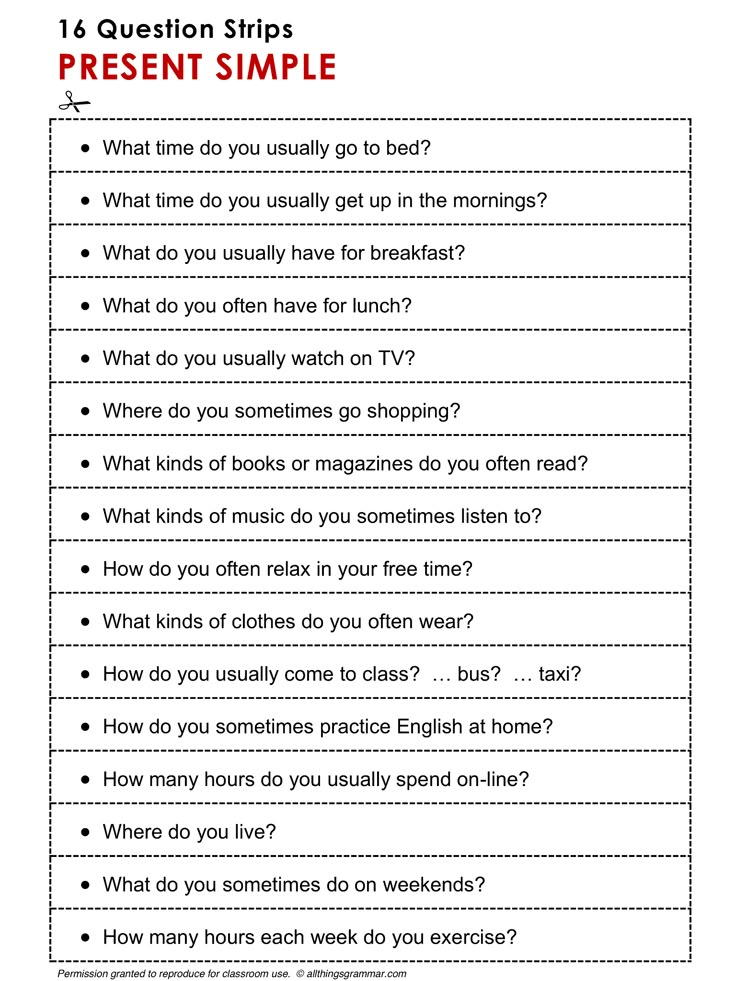
Start keeping a diary, write down all your thoughts and experiences. Dialogue with oneself can be a very valuable support and support in a situation that at first glance seems difficult and hopeless.
In addition, you can always count on our support and attention. Call us! Our hotline 8-800 100-0191 is open 24/7 and free of charge.
5. How to cope with the fear of death?
In a situation of oncological disease, a person faces the fear of death face to face. From the moment of our birth until the very last day, we build a defense against this fear, it haunts us, always being on the border of consciousness with a kind of “obscure rumble”. As a result of the fact that we are threatened by a real, real danger, such as cancer, the realization of such a simple thought “I really can die now” comes to mind, and this is insanely scary. This means that the protection against fear built up over the years of life has been broken or collapsed altogether, and it turned out that you, with this awareness, suddenly found yourself face to face without this kind of “armor”. It is strange that we are not always aware of this, that is, we do not feel it when crossing the street in a busy place or walking under a string of heavy icicles in winter, we do not feel it when we are driving in a car, avoiding a collision, we do not feel it when we return home late. But cancer changes everything.
It is strange that we are not always aware of this, that is, we do not feel it when crossing the street in a busy place or walking under a string of heavy icicles in winter, we do not feel it when we are driving in a car, avoiding a collision, we do not feel it when we return home late. But cancer changes everything.
Don't try to run away from fear or deny it, try to look it in the eye and negotiate with it. Fear is our helper and protector. Running away from him, we only increase his attempts to get through to us. Absolutely every human fear is a derivative of the fear of death, and if you perceive your fear as the fear of death, and not as anything else, this is already a big breakthrough.
Awareness of the fear of death is a very sincere position without superficial, superfluous, and much allows us to decide for ourselves. Therefore, what you are so afraid of now will pass with time if you manage to understand something important or change your attitude towards life. What you feel and can now understand is not given to "sleeping" people who have not realized death and hide their fear deep in the subconscious. Thus, the awareness of death is a door to the unknown, a way to rethink one's existence. An example of this could be Randy Pausch, here is his “last lecture”: http://rutube.ru/video/52ecedbe7ed9c3d113ab24838c07cc1c/.
What you feel and can now understand is not given to "sleeping" people who have not realized death and hide their fear deep in the subconscious. Thus, the awareness of death is a door to the unknown, a way to rethink one's existence. An example of this could be Randy Pausch, here is his “last lecture”: http://rutube.ru/video/52ecedbe7ed9c3d113ab24838c07cc1c/.
Maybe it's time to think? In order to reduce this excessive stress, we suggest thinking about what scares you the most about death? Talk to your fear about everything, in particular: Why are you afraid of this? Do you think this fear is related to your life or death? What is death for you? Do you believe in the immortality of the soul? In the preservation of personality after death? Take a look at her, talk to her, maybe she's not so scary? In order to delve into this issue, you can read the book of the famous psychotherapist Irvin Yalom “Peering into the sun. Life without fear of death.
6. I have just been diagnosed, what should I do now?
I have just been diagnosed, what should I do now?
Unfortunately, there is still no clear answer to the question of what can be the cause of cancer. But most scientists and practitioners agree that a complex of factors plays a role in this process: biological nature, heredity, ecology, lifestyle and factors of a socio-psychological nature. And none of us can be immune from this disease, and even the right way of life, physical strength and conditional health are not a defense against it.
In a situation of diagnosis, this information falls "like snow on the head", and the person experiences a shock. You can’t prepare for this and “lay straws”. For a minute or two or half an hour it is impossible to believe that this is true, this "really happened to me." Emotions go wild, arms and legs do not bend, it is impossible to speak, or, on the contrary, you begin to chat incessantly and rush about anxiously. The way to respond depends on the type of human nervous system. Tears in the moment are perfectly normal and helpful. Sit and cry, then drink water or breathe deeply and slowly. This is not a weakness - this is the norm.
Tears in the moment are perfectly normal and helpful. Sit and cry, then drink water or breathe deeply and slowly. This is not a weakness - this is the norm.
The brain has to start working with this situation: don't expect yourself to find a solution instantly, choose the right questions and get together. It takes time to absorb information and process it. It will take from several hours to several days, and you will come to terms with the fact that the diagnosis is there and it is true, you will come to your senses, make a decision, make a plan and tell someone about what happened.
Please do not imagine future problems and losses and do not panic ahead of time. The notion that cancer is the end of life and an early death is erroneous. The word "cancer" is surrounded by numerous myths and various "horrors", which are described in detail on the Internet and often have nothing to do with reality. It is better not to read them and remember that each situation is unique.
Cancer is a life-threatening disease. This is true. But this disease is curable, remember that. In most cases, especially in the early stages, the forecasts are optimistic. You are not alone: many people coped with this disease, and then went ahead and developed, becoming more resilient and strong-willed people. So try to be patient and courageous, stock up on the support of loved ones, form an active and positive attitude towards recovery and start actively fighting for your health.
Related article: How to deal with the shock reaction after the announcement of the diagnosis?
7. How to learn to relieve anxiety?
As a rule, the psychological state of a person who has learned that he has cancer is characterized by a particularly high level of anxiety. The state of anxiety can be very strong, disrupting the normal functioning of the body. In this case, the qualified help of a psychologist, a medical psychotherapist is required. However, with moderate symptoms, the patient can learn to cope with this condition on their own.
However, with moderate symptoms, the patient can learn to cope with this condition on their own.
One of the best ways to deal with anxiety is regular relaxation. Relaxation is a skill that is specifically used in dealing with anxiety. You cannot be relaxed and scared at the same time. There are many ways to achieve psychophysical relaxation. The most commonly used are meditation techniques and progressive muscle relaxation. Many people use music for this purpose. Just walking and light exercise can also reduce anxiety levels. One of the simplest and most effective ways to relax is to slow down your breathing and begin to observe your inhalations and exhalations, making them as deep and stretched as possible. There are various relaxation programs, including those on audio and video cassettes.
Related article: Anxiety
8. Why did I get sick? Why is this punishment for me?
Unfortunately, many patients suffer from this issue.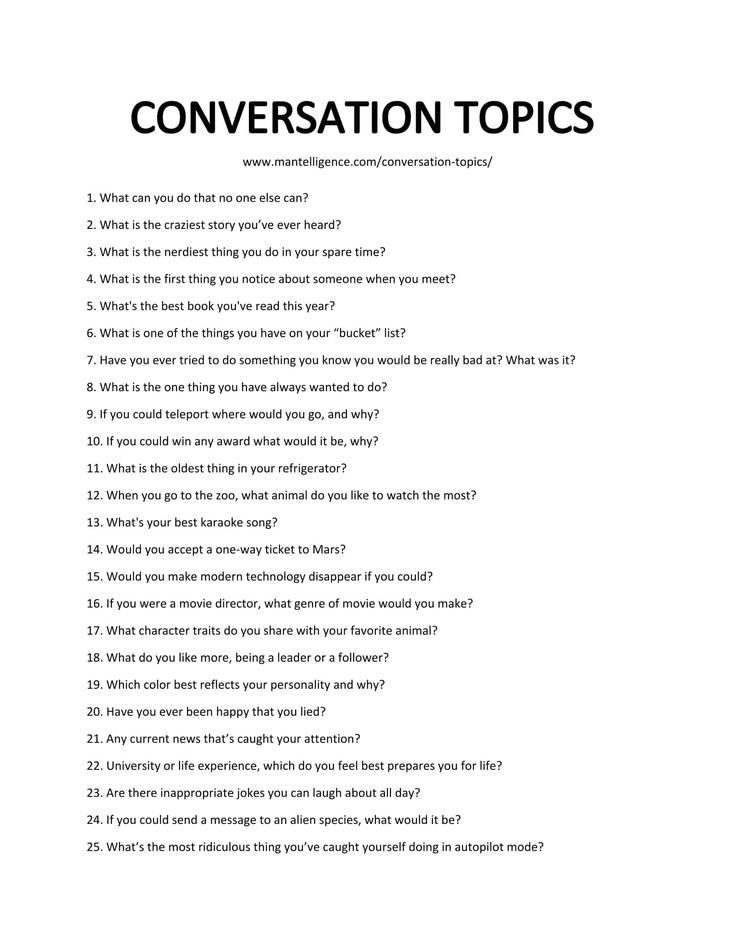
Many perceive their illness as a punishment or as a consequence of their mistake. Most often, left alone with negative thoughts, patients ask themselves the following questions: Why did I get sick? What is it for me? For what? Why me? Why am I so unlucky?
It is important to realize that it is not your fault or anyone else's fault that you are ill. No one is really to blame for this, moreover, the causes of this disease have not been fully studied even by doctors. Anyone can get sick, regardless of gender, age and even lifestyle.
Usually we intuitively evaluate our illness as something negative that has already happened to us. We are convinced that the onset of the disease is a certain moment in the past, and we are trying to look for answers to our questions there.
In order to radically change the attitude towards the disease, it is necessary to stop looking into the past or to be tormented by feelings of guilt. It is very important to change all your internal searches for the cause of the disease and ask yourself the question not “for what?”, but “for what”?
It is very important to change all your internal searches for the cause of the disease and ask yourself the question not “for what?”, but “for what”?
This question is very important, deep, containing positive energy. Ask yourself regularly the questions “why?”, “What can I change in my life to make it better?”. And then the negative attitude towards the disease, which is by no means useful and resourceful, will gradually change to the attitude towards the disease as an opportunity to change something in oneself for the better.
So, it can be difficult to radically change your attitude to a situation, but if you clearly set such a task for yourself and enlist the support of a psychologist, you will definitely succeed.
Related article: Find a way out... How?
9. How to support a loved one if he/she is ill? How to behave with him?
This question does not have a clear answer. It all depends on what your loved one loves, how they were supported before in difficult life situations, what helped and what did not. It is important to understand that there is no special right way to behave in such a situation. The support of loved ones is important in itself, even by the very fact of being present, sharing feelings, providing an opportunity to speak out, cry, find support and a positive attitude of a loved one.
It all depends on what your loved one loves, how they were supported before in difficult life situations, what helped and what did not. It is important to understand that there is no special right way to behave in such a situation. The support of loved ones is important in itself, even by the very fact of being present, sharing feelings, providing an opportunity to speak out, cry, find support and a positive attitude of a loved one.
As a rule, first of all, patients are afraid that they will be left alone, in social isolation and loneliness, so do not hesitate to offer help and assure that you will be there all the time and are ready to walk this difficult path hand in hand. Often people are afraid of losing their significance for loved ones, of becoming a burden, and sometimes because of this fear they try to refuse help and sympathy.
It will not be worse if you tell that you love your loved one not for some material benefits and useful qualities, but simply for the fact that he (a) is a close person.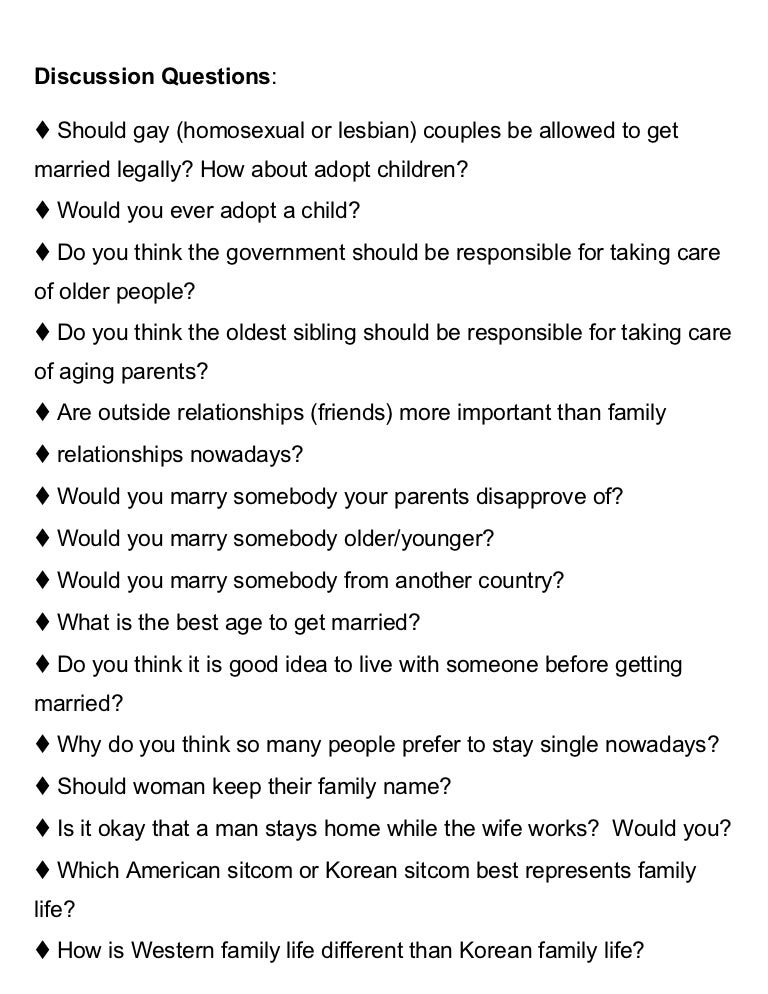 When talking with a patient, it is important to avoid superficial optimism, the insincerity of which a loved one always feels. Try to be natural and sincere, allow yourself to speak freely with your loved one about his pain, fear, feelings. The support should feel calm, unconditional, self-evident, based on your complete faith in his recovery.
When talking with a patient, it is important to avoid superficial optimism, the insincerity of which a loved one always feels. Try to be natural and sincere, allow yourself to speak freely with your loved one about his pain, fear, feelings. The support should feel calm, unconditional, self-evident, based on your complete faith in his recovery.
We can find answers to all these and other questions together if you call of the All-Russian free round-the-clock hotline 8-800 100-0191 .
Psychologists Project "Clear Morning"
Gorozhanina Natalia, Golinetskaya Vera
20 psychologist's answers to questions that you probably asked yourself, but were afraid to voice them percentage of people with problems. This can be understood: sometimes the issues that concern a person are so personal that it is embarrassing to discuss them even with relatives, let alone with a stranger.
Therefore, the author of ADME went to psychologist Ekaterina Shustova to ask those very embarrassing but burning questions.
1. “It seems to me that all people are more stupid than me. Is the problem in people or in me?
The problem is that sometimes we underestimate others and do not recognize their right to their own choice - how and to what extent to develop. Everyone has their own threshold of a comfortable development zone: someone is constantly drawn to new knowledge, and someone is quite small - this does not always mean stupidity. Try to notice the good qualities of the people around you, watch them, learn something from them. Grow in the pattern you choose and let others do the same. You will feel more comfortable communicating with people!
2. “I want to become an interesting person, but I do nothing for this. How to overcome yourself?
To begin with, put aside the concepts of "personality" and "interesting person" and understand who you are, where you are going, what you want to do. Do not analyze other people's lives by fantasizing about how interesting and self-sufficient everything around is. It’s especially easy to think this way when scrolling through your social media feed, so try to spend less time on it.
It’s especially easy to think this way when scrolling through your social media feed, so try to spend less time on it.
Develop critical thinking. Read good, time-tested literature and be sure to track your attitude to what you read. If the author is successful and authoritative, this does not mean at all that you should agree with him. Form your opinion, analyze, check information, learn to disagree and discuss.
And be sure to understand for yourself in which direction you want to develop and grow. "Interesting person" is a rather vague concept. But how developed a person can be tracked. Develop yourself in areas that are interesting for you, learn something from other people. And don't be afraid to step out of your comfort zone, even if it's scary. These are the basic steps necessary for becoming a person.
3. “I'm afraid to speak my mind because I'm afraid of objections. What to do?"
In order not to be afraid of objections, you need to be confident in your opinion.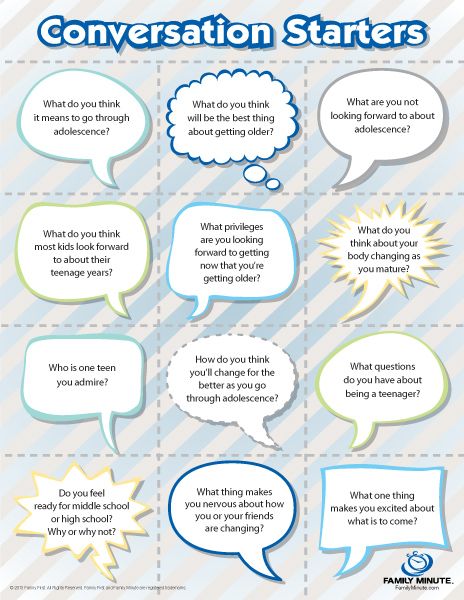 And for this, you need to understand why you think this way and not otherwise. “Because I see it that way, period” would also work. Objections have always been and will be, constructive and not, so you just need to get used to them and learn to feel what to answer: in what form and in what tone. And in some cases it would be better not to answer at all or just smile.
And for this, you need to understand why you think this way and not otherwise. “Because I see it that way, period” would also work. Objections have always been and will be, constructive and not, so you just need to get used to them and learn to feel what to answer: in what form and in what tone. And in some cases it would be better not to answer at all or just smile.
An objection is just a harmless opinion of another person who is entitled to it. Realize that there are many points of view on any question, and accept this, as you accept, for example, the variety of eye shapes - there is and there is. And you can also benefit from objections: for some reason, your interlocutor thinks so, and not otherwise. Perhaps you should enter into a dialogue with him and learn something new.
4. “How can I learn to pull myself together and complete the right tasks on time? My conscience torments me, but I continue to miss all the deadlines"
There are many reasons for procrastination: for example, the fear of failure or the belief that the upcoming activity is boring. Although the so-called "tomorrow" syndrome is a problem for many people, its causes are different for everyone. But here are some tips:
Although the so-called "tomorrow" syndrome is a problem for many people, its causes are different for everyone. But here are some tips:
- Organize your day: make a plan and write it down.
- Find time to rest between chores. During such a pause, you will really relax, and not worry, they say, time is running out, and I'm not doing anything.
- Take a "semi-rest": these are useful, but pleasant things for you, like reading, learning languages, light cleaning. Pay with this "currency" for productive work.
- Analyze what worries you: fear of error or criticism, or maybe fear of success (sometimes like that)? Try to find the cause and work it out yourself or with a psychologist.
Procrastination takes more energy and nerves than important things, instills in us feelings of guilt and shame, makes us anxious. Well, why do we need this?
5. “All my friends have many hobbies and goals, but I have nothing. How can I understand what I want in general?
The first step is to stop comparing yourself to others.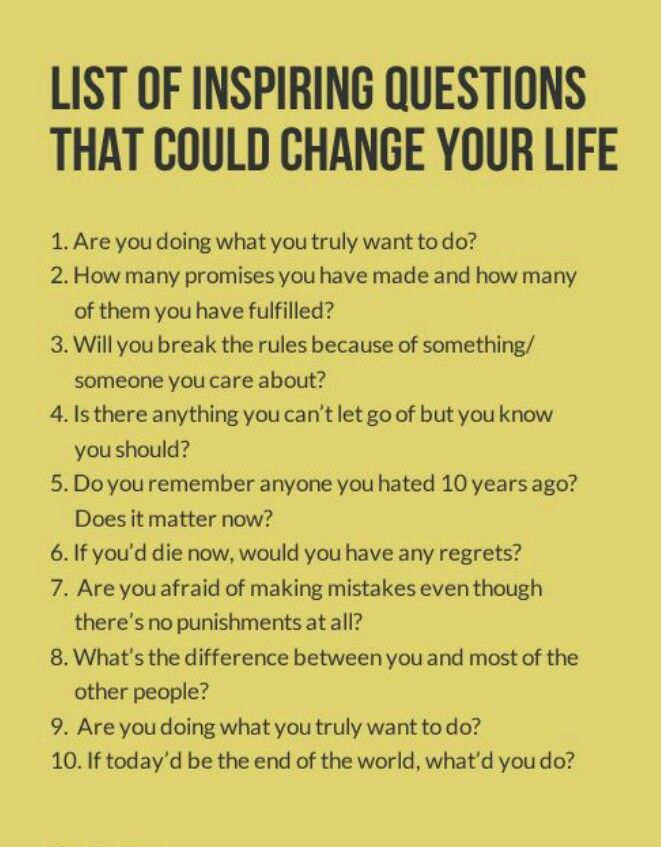 Take a breather in search of yourself and use this time to your advantage: separate your own desires from those that your parents and friends have imposed on you.
Take a breather in search of yourself and use this time to your advantage: separate your own desires from those that your parents and friends have imposed on you.
- Grab a pen and paper and make a list of things you don't like. And think about why. So you reduce the variety of options by several times.
- Now it will be easier to make a list of what you like. Just don't analyze how popular and prestigious these hobbies are - just write what comes to mind.
- Re-read the list and try to write its "meaning" next to each lesson: personal, cultural, social - whatever.
- Considering these factors, select from the list the activities that are most attractive to you. And try!
You may feel unpleasant and even scared - this is how the fear of making a mistake with the choice manifests itself, internal resistance. And that's okay! Expose this fear, tell him: “Hi, I see you!” And do not listen to those who rush you with choice and self-realization. Move at your own pace: if the chosen activity doesn’t fit, go back to the list and try the next one.
Move at your own pace: if the chosen activity doesn’t fit, go back to the list and try the next one.
Do not pursue the Great Goal. The main thing is to fill life with meaning that corresponds to your desires.
6. “What if I can't take compliments? When I am praised, I laugh it off or change the topic.”
Our reaction to compliments is a reflection of our self-esteem. and If self-esteem is underestimated, then a compliment causes an internal contradiction in us. It provokes discomfort. It is not at all necessary that you have low self-esteem in general - it is possible that it is deficient in specific areas. Think about it: do you feel embarrassed to accept compliments all the time or under certain circumstances, from certain people? Perhaps their age, gender, status somehow influence. Analyze it - you will discover a lot of interesting things!
Simple but effective self-esteem advice: Write a list of your good qualities. When we write such lists, the neurons in the head line up in a certain way, and after, when we hear a compliment, the brain remembers what was written down and we are no longer surprised by the praise: after all, we ourselves think the same way about ourselves. And that means there will be no awkwardness.
And that means there will be no awkwardness.
7. “I noticed that I have different behavior patterns for different people. So I'm a hypocrite?"
Good news: most likely you have high social intelligence - the ability to recognize the emotions of others and act according to the situation. Each of us has a different social role for different people (for example, no one communicates with mom like with a boss, and with a boss like with a girlfriend in a cafe). But the higher the social intelligence, the more such roles it can cover. This is an advantage, not a disadvantage! The main thing is that neither other people nor you suffer from your actions. Listen to yourself whether you are comfortable in these social roles - it will be easier to separate your real self from these roles.
8. “How to overcome everyday laziness? At home it is often so untidy that it is even embarrassing to invite guests.”
Think about the reasons for laziness.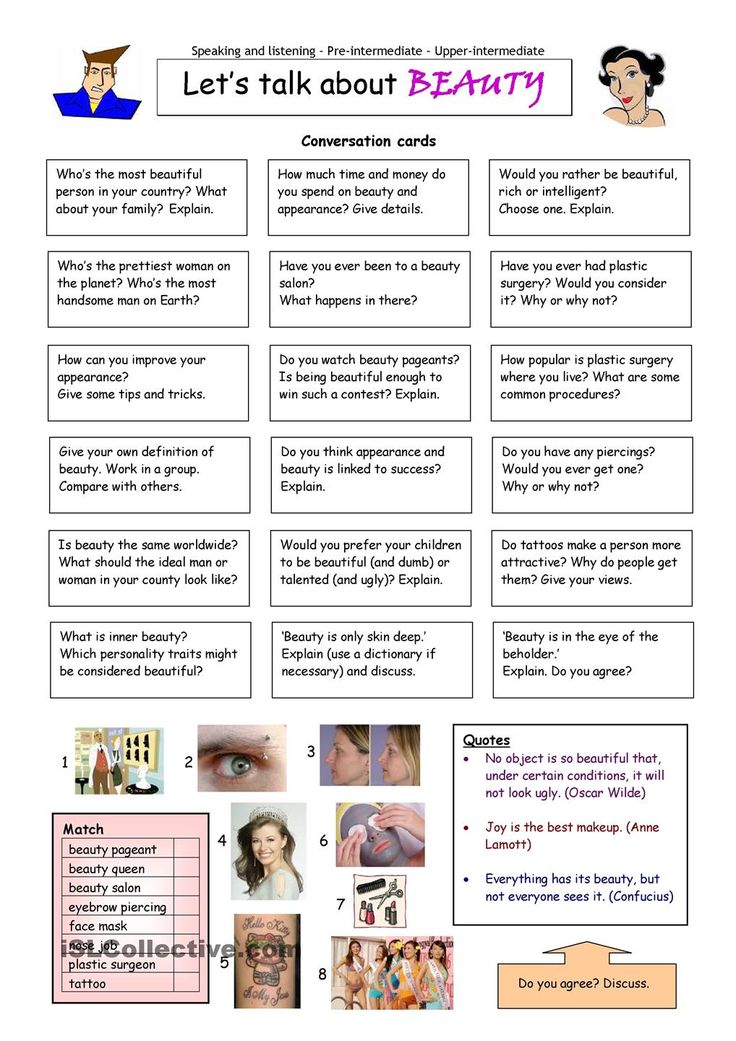 Often, household chores are perceived as boring and monotonous - for the most part, they are. But the reality is that it is necessary to do boring things from time to time. And this does not mean at all that there are no ways to diversify the process.
Often, household chores are perceived as boring and monotonous - for the most part, they are. But the reality is that it is necessary to do boring things from time to time. And this does not mean at all that there are no ways to diversify the process.
- Find the benefits of cleaning: extra physical activity, relief from anxiety and guilt, cleaner air and better selfies.
- Have music, a podcast or an entertaining video playing in the background.
- Call your relatives or friends who you didn't have time to contact, put the call on the speakerphone - and go!
- At the end, reward yourself with an hour of complete idleness with a sense of accomplishment.
After a few of these cleanings, you'll get hooked, I assure you!
9. “I'm constantly lying to everyone with or without reason, without noticing it myself. How to get rid of this habit?
It is important to understand where this habit came from. What truth are you running from and why? Maybe something in your life does not suit you, are you ashamed of something? Or do you feel that the truth is not interesting enough to share it with others? Think and you will find the answer. And remember: if you do not want to report any information, you have the right not to report it! Instead of lying, for example, you can gently translate the conversation.
And remember: if you do not want to report any information, you have the right not to report it! Instead of lying, for example, you can gently translate the conversation.
10. “How can I help myself if my soul is anxious, and all the sedatives have already been drunk?”
It is important to figure out what is the cause of your anxiety, since medicines, including herbal ones, are not a solution to a problem, but a way to get rid of its symptoms. We do not worry just like that, for no reason - there is an explanation for any feeling. And here it is important to consider that we cannot always help ourselves, without outside help. Long and unsuccessful attempts to cope alone with such a condition can lead to unpleasant consequences like panic attacks. Save yourself, contact a psychologist who, if he sees the need, will refer you to the right specialist. Be healthy!
11. “I'm pretty successful, but I still don't believe in myself.
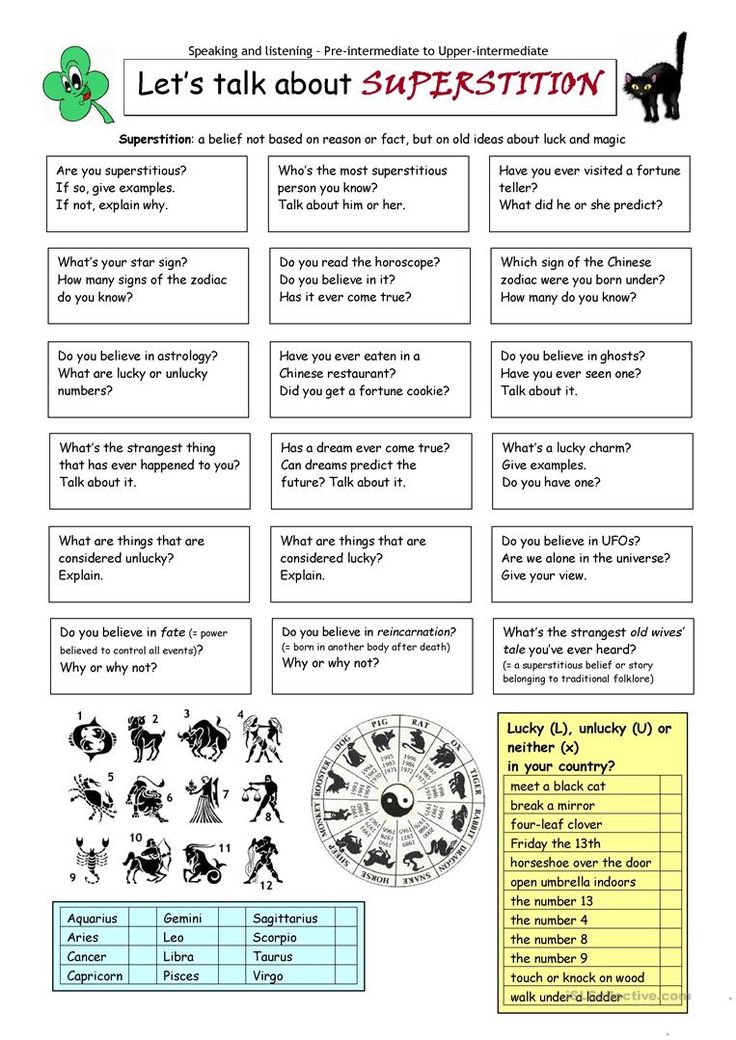 Can this uncertainty be dealt with?”
Can this uncertainty be dealt with?” Self-esteem, oddly enough, does not always depend on real achievements. Low self-esteem just gives rise to a feeling of insecurity, fear of failure in the future. It consists of two aspects: cognitive (your knowledge about yourself) and emotional (a measure of self-satisfaction) .
Where can your insecurity, that is, a violation of the emotional aspect of self-esteem, come from?
- Family upbringing: how often were you praised and scolded? what values were instilled?
- Pedagogical impact: how did you study and how did your parents, teachers, peers feel about it?
- Social environment: what attitudes and principles do people close to you have?
We come into adulthood with a lot of attitudes and words spoken to us earlier. You need to analyze your past: what people could influence you, who supported you and how? Look also in the present: who surrounds you now? what do you hear about yourself? It is possible and necessary to fight uncertainty: it will give you the necessary resource to move forward.
12. How to overcome telephone addiction? I spend whole days aimlessly scrolling through Internet pages”
Any habit can be eradicated. But for this, decide for yourself why you need it and what benefits it will bring to you. Imagine it in colors, get inspired and make up a couple of rules, for the violation of which you would be ashamed of yourself. For example, these:
- Do not take your phone with you to the toilet (yes, yes!), but put a magazine, reference book or encyclopedia there - something that you can open on any page and read, learning something interesting.
- Do not touch your phone for an hour after waking up. Instead, drink water, exercise, clean up. And the reward for this will be the opportunity to use the phone.
- Before going to bed, smear your hands with a thicker cream and, without any gadgets, comprehend the past day in silence.
- With an effort of will, unsubscribe from at least half of the useless publics, and in return for them, subscribe to useful and informative ones.
 This will definitely reduce the time spent watching the feed - verified!
This will definitely reduce the time spent watching the feed - verified!
13. “People close to me died, but I don't feel anything. Is it okay that I'm not sad?"
We hear from childhood that we should or shouldn't experience this or that feeling in certain circumstances. But people cannot react in the same way to everything: if only because they have different temperaments and sensitivity thresholds. We also have strong defense mechanisms that, at the moment of grief, can block the manifestations of bitterness of loss. Sometimes we ourselves forbid ourselves to experience, put off feelings for later, and they remain unexpressed. This is not very good, it is better to throw out emotions right away: let them not be traditional tears, but laughter, screaming - the main thing is not to keep everything in yourself.
If you ask yourself this question, you can't say that you don't feel anything. Most likely, you feel shame, fear of being "abnormal".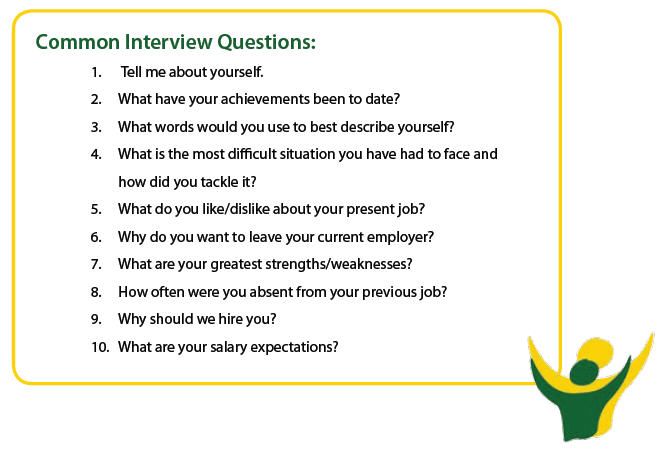 Let go of that thought, don't judge yourself. And then you can understand how you really feel.
Let go of that thought, don't judge yourself. And then you can understand how you really feel.
14. “My wife and I recently had a baby, but I don't feel love for him. Am I a bad father?"
After the birth of a child , every 10th mother feels fear of a new chapter in her life - and this is due to the so-called maternal instinct. What can we say about fathers! In addition, as a rule, the young parent keeps this a secret, suffering from feelings of inferiority in a new role. There is a stereotype in our culture that parents should unconditionally adore their baby almost from the day of conception. And this cultural pressure spoils the lives of new mothers and fathers. Dads, feeling responsible, afraid to do something wrong, often distance themselves from the child, and consciousness blocks feelings - that's why it seems that there are no feelings. All this in no way means that you are a bad father. Just don't compare yourself to the mythical norm, take care of the baby and love will come.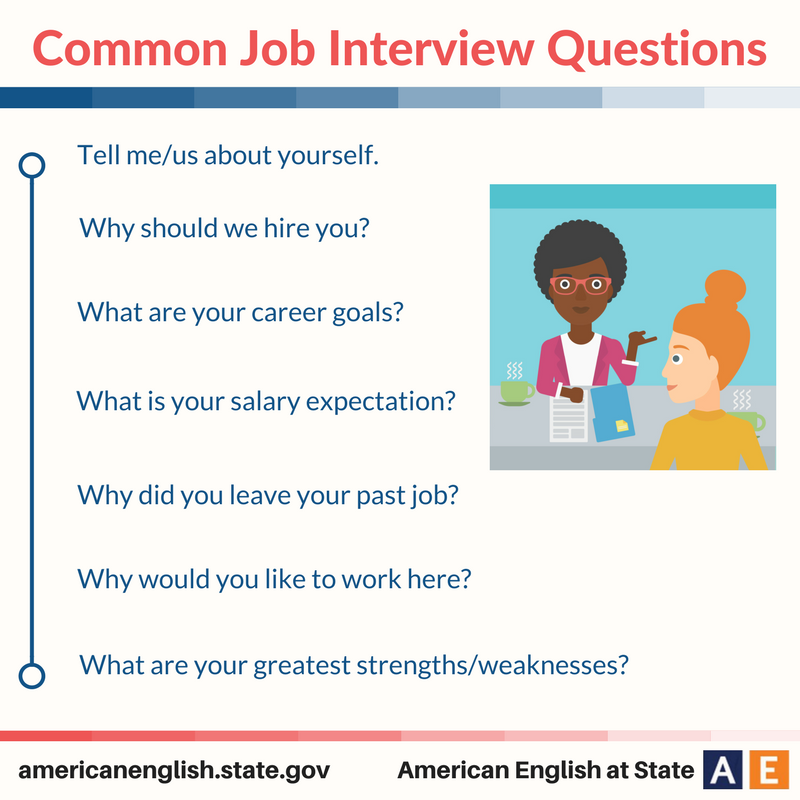
15. How to stop yelling at your children? I feel like I'm becoming like my cruel mother.”
First of all, relax: there are no perfect parents. But we need to move in this direction. You realize that you are acting incorrectly - you can be praised! And now make up for yourself a system of rules and punishments for such breakdowns. Imagine how your behavior can harm the development of children - you do not want this, do you?
The key to solving the problem is your relationship with your mother. Try to talk to her about your childhood and honestly discuss how it was for you, how you felt at the moments of her breakdowns. Accept the fact that you project the image of your mother onto yourself, that is, you equate yourself with her. Make a list of her good qualities and try to adopt them, periodically refreshing the list in your head.
16. “I often break my promises to my son for various reasons. Will this somehow affect his psyche?
Actually, yes, it can be reflected in a very unpleasant way.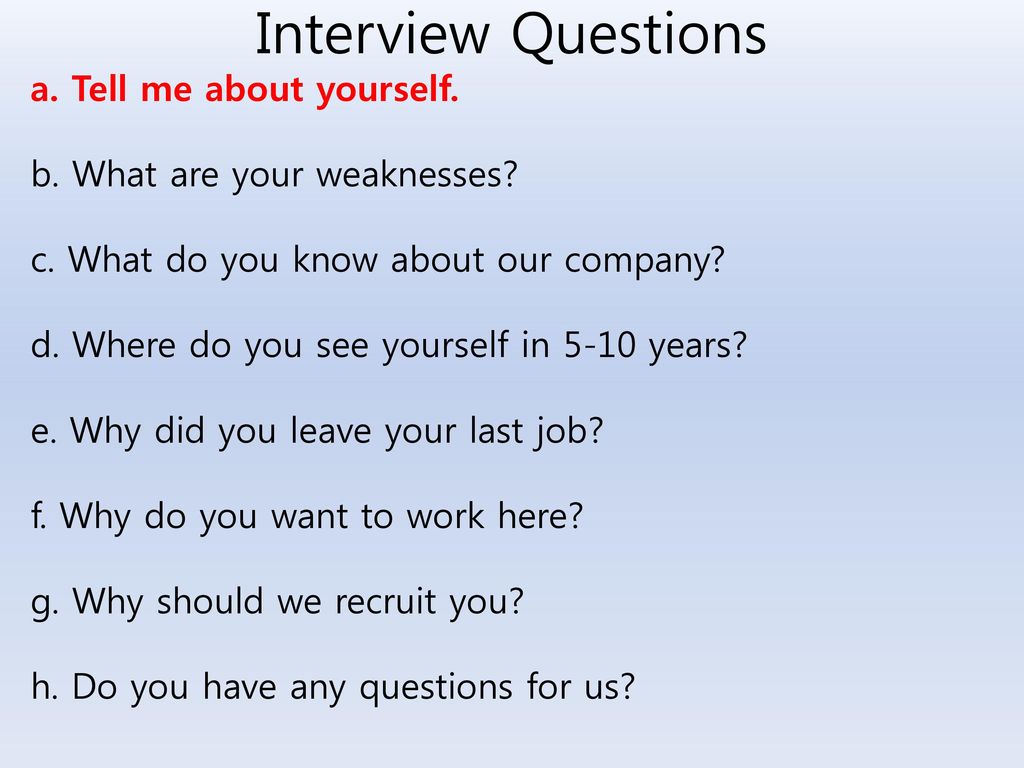 Double standards, which a child often has to deal with in childhood, undermine the fragile psyche and can become one of the causes of schizophrenia at a later age.
Double standards, which a child often has to deal with in childhood, undermine the fragile psyche and can become one of the causes of schizophrenia at a later age.
But not everything is so bad: if you do not break promises regularly, do not scold the child for what you yourself allowed him to do, then there will be no such deplorable consequences. However, it is worth remembering that we adopt the habit of keeping a word from our parents, and this is a rather important social skill. So find the courage to be honest with yourself and with your child. If you are not sure that you can buy or make something, just say: "I will try, but I cannot promise."
17. “I am tormented by dreams in which I cheat on my husband. Is this a wake-up call or does it happen to everyone?”
Based on the theory of Sigmund Freud, under the "masks" of different people, you can dream of a completely different person. Including your own husband. Yes, it's amazing, but this is how the mechanism of censorship works in our subconscious. Think about your dream like a puzzle, look at it from different angles. What are your thoughts? Maybe you do not have enough warmth and affection from your husband? Do you want your husband to be jealous? Do you have any fantasies that you are embarrassed to talk about? Make hypotheses and your consciousness will answer you. The more resistance this or that assumption causes, the more intensively dig in this direction: is a signal from the deep layers of your psyche.
Think about your dream like a puzzle, look at it from different angles. What are your thoughts? Maybe you do not have enough warmth and affection from your husband? Do you want your husband to be jealous? Do you have any fantasies that you are embarrassed to talk about? Make hypotheses and your consciousness will answer you. The more resistance this or that assumption causes, the more intensively dig in this direction: is a signal from the deep layers of your psyche.
18. “I don't want to ever get married. This is fine? And is it okay not to want children?”
Absolutely normal. Cultural norms and traditions are transformed over time, but the fear of not conforming to stereotypes remains. Everything that pleases you and does not harm others is normal. Try to answer the question why you don't want to get married. If this is not a fear of failure, not disappointment in the institution of marriage and motherhood, but your conscious position, then you have every right to it.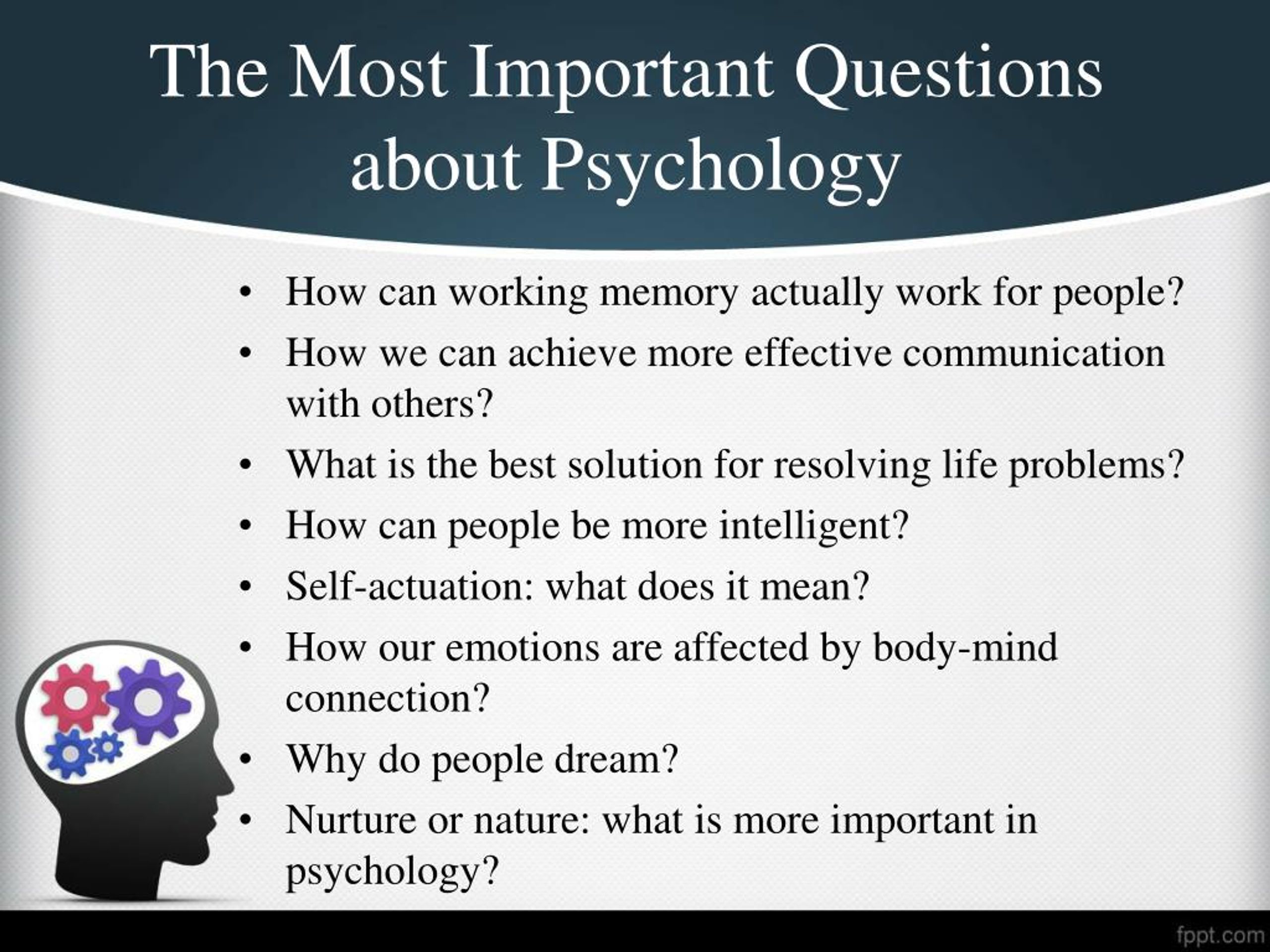
19. “Can a psychologist really help? He's not even a doctor!"
True, maybe. But it is important to know the difference between a psychologist and a psychotherapist. Psychologists can diagnose and advise. And psychotherapists are those who intervene in the psyche in order to help. In any case, both those and other specialists are needed: the soul can also get sick and need help.
20. "Psychologists have their own psychologists. So they can't support themselves?
Passing through the problems and stories of different people is not an easy job, because the internal resource can be exhausted. Therefore, psychologists need supervisors - senior colleagues in experience. They help to look at the situation of clients with a fresh look, you can share your own experiences with them and get support. Mental hygiene is important for everyone, and we, psychologists, are also living people.
Universal advice: “What should I do if I feel that something is wrong with me?”
- Look for the reason for this feeling, think about it from different angles.
